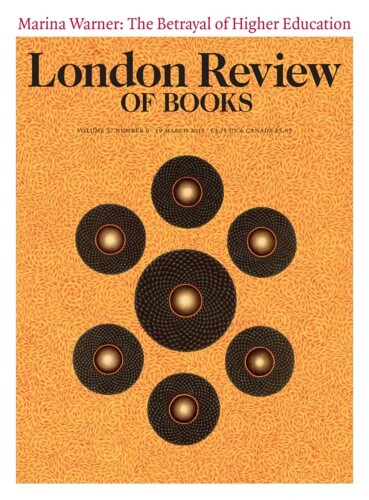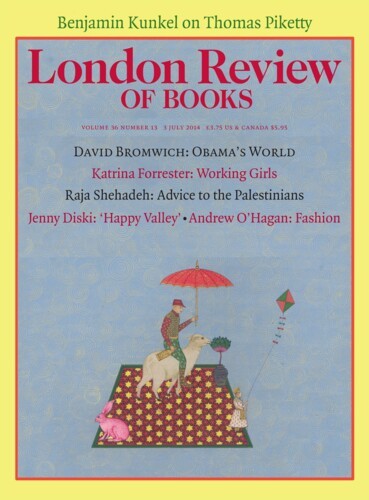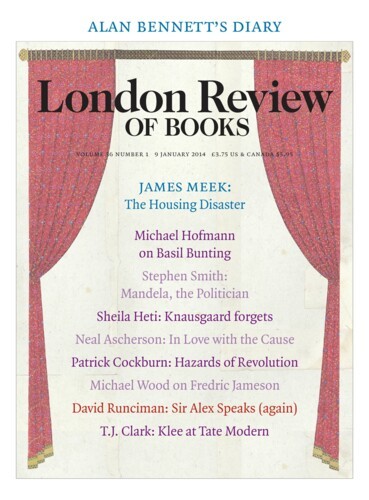The Suitors: China in Africa
Stephen W. Smith, 19 March 2015
In 1969, three years into the Cultural Revolution, China was not only poorer than most African countries but suffering from a massive famine. Mao Zedong and his colleagues decided to import vast quantities of wheat as a way to address the food crisis and, more radically, to change the staple of their 800 million countrymen: wheat has a higher nutritional value than rice. That year, a...





